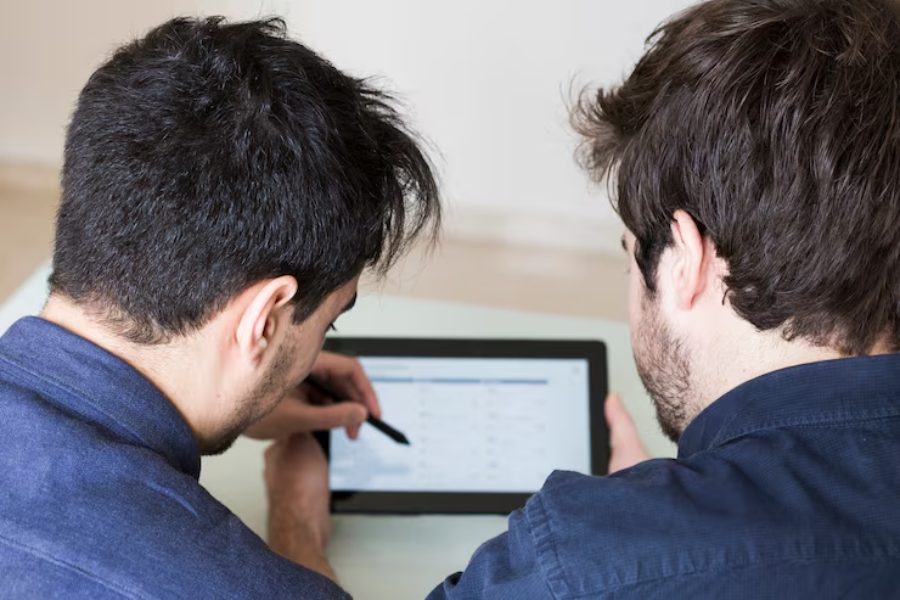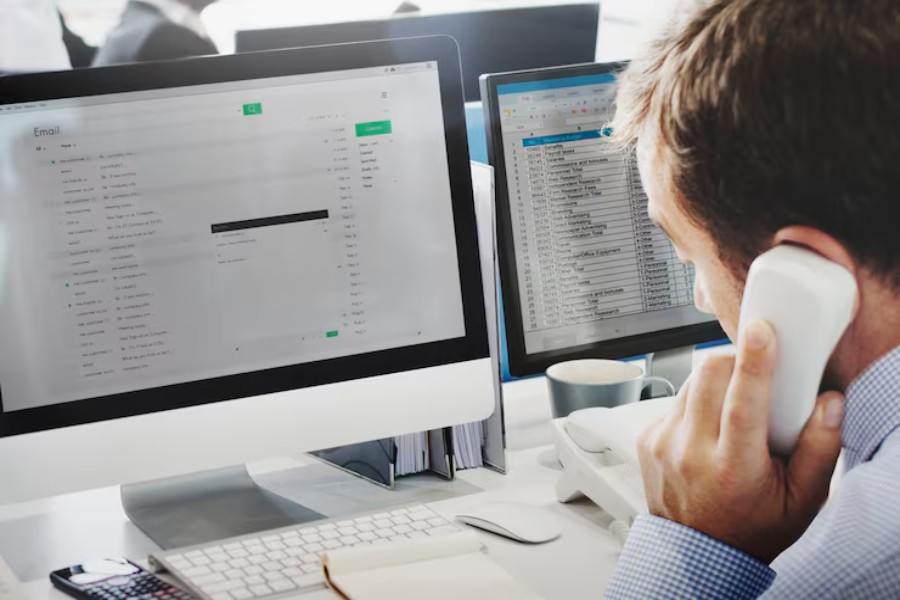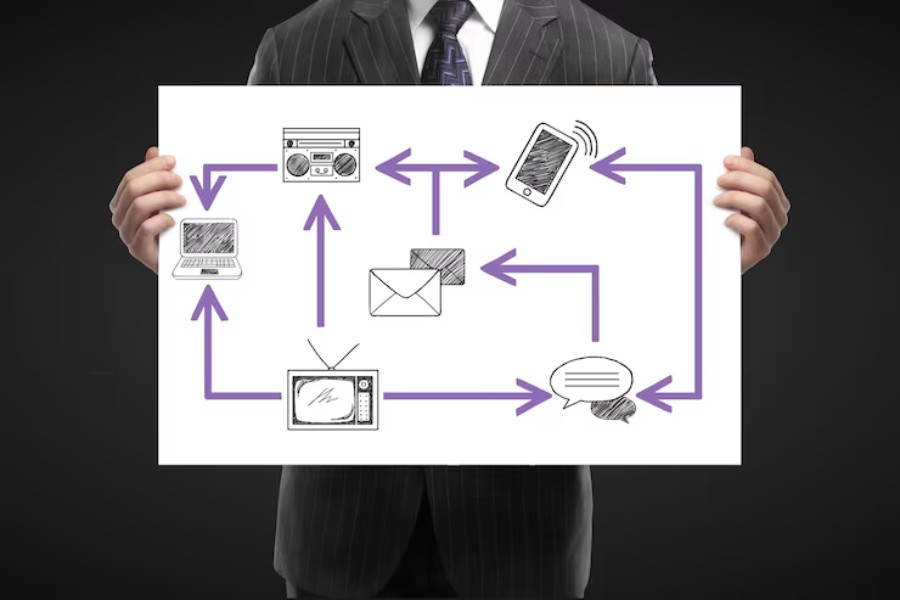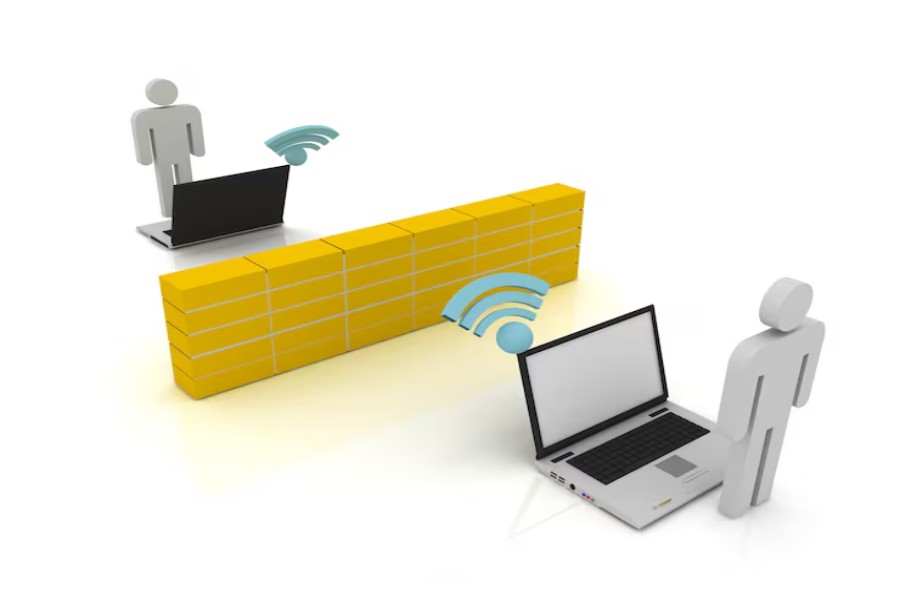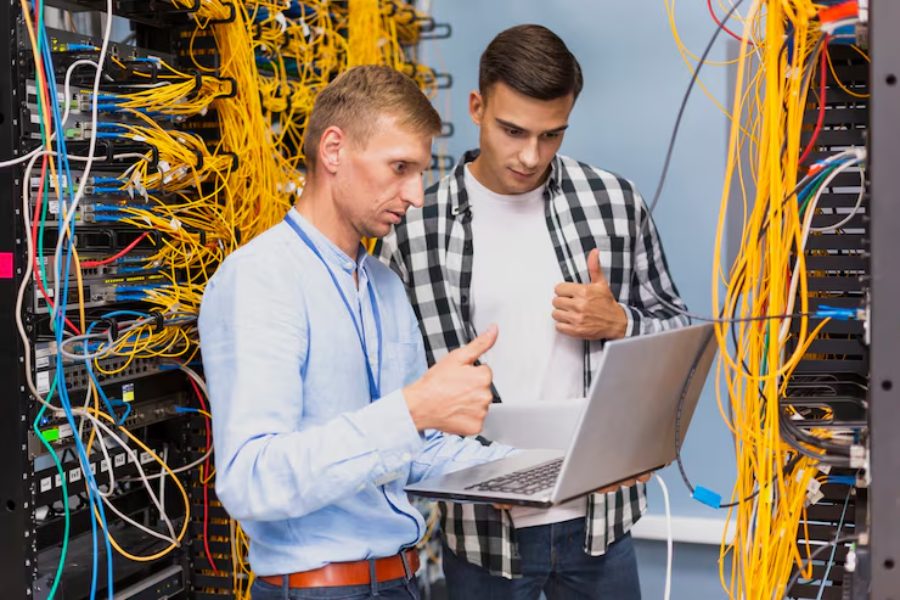
Have you ever looked up your network details and thought: “Wait… why do I have 2 IP addresses?” You’re not alone. Many people discover that their computer, phone, or even router is showing two different IP addresses—sometimes more. At first, it might feel like a mistake or even a security problem, but in reality, there are perfectly normal reasons why this happens.
An IP address (Internet Protocol address) is like the digital ID card of your device. It helps identify where your traffic is coming from and where it’s going. Without IP addresses, the internet wouldn’t know how to deliver websites, emails, or videos to your screen. But the twist is: devices can have more than one IP, and it doesn’t always mean something is wrong.
In this article, we’ll take a deep dive into why do I have 2 IP addresses, uncovering both the technical and practical reasons. From IPv4 and IPv6 running together, to local vs. public IPs, Wi-Fi vs. mobile data, and even VPN setups, there are multiple explanations. We’ll also cover whether having two IPs is a problem, what you can do if it causes issues, and why sometimes having multiple IPs is actually beneficial.
By the end of this guide, you’ll not only understand why do I have 2 IP addresses but also know how to manage, troubleshoot, and secure them for smoother internet experiences.
Why do I have 2 IP addresses?
If you’re asking, “Why do I have 2 IP addresses?” it’s usually because devices use both a private (local) IP from your router and a public IP from your ISP. You may also see two because of IPv4 and IPv6 running simultaneously, using Wi-Fi and mobile data at the same time, or VPNs creating a virtual IP. It’s normal and not usually a problem unless you’re facing conflicts or connection issues.
The Real Reason Why Do I Have 2 IP Addresses at Once
If you have ever wondered “why do I have 2 IP addresses?” the explanation is actually quite straightforward—your device is using more than one digital identity at the same time. Every device that connects to the internet needs an IP address, but due to how networks are structured today, it’s common to see two active addresses instead of one.
The first and most common reason comes from the public versus private IP system. Your Internet Service Provider (ISP) assigns a public IP address that represents your entire network online. Meanwhile, your router hands out private IP addresses to each device in your home or office so they can communicate locally. This is why you’ll often notice one IP starting with numbers like 192.168 or 10.x.x, alongside a completely different one for internet traffic.
Another major factor is the coexistence of IPv4 and IPv6. Since IPv4 addresses are nearly exhausted, many ISPs now provide IPv6 as well. Mobile devices may also show two IPs when switching between Wi-Fi and cellular data, while VPNs and proxy servers add additional virtual IPs. Far from being an error, this is simply how modern networking is designed to work efficiently.
When Does Having 2 IP Addresses Happen Most Often?
It may seem unusual to see two IP addresses on your device, but this situation occurs more often than most people realize. Here are the most common scenarios where it happens.
Home Networks and Routers
Within a typical home setup, your router assigns each device a private IP address so they can interact on the local network. At the same time, your Internet Service Provider (ISP) provides a public IP that represents your entire household on the internet. This dual setup explains why two addresses appear.
Workplaces and Corporate Networks
In business environments, networking is usually more layered. Firewalls, proxy servers, and monitoring systems may assign your device multiple IPs for extra security, routing, and identification.
Mobile Devices with Wi-Fi and Data
Smartphones often show two addresses when shifting between Wi-Fi and cellular data. The device briefly maintains both connections, deciding how long until the switch finalizes, which can temporarily display both IPs at once.
IPv4, IPv6, and VPNs
Many networks now use both IPv4 and IPv6 to ensure compatibility, leading to two visible IPs. Likewise, VPNs or proxies assign virtual addresses on top of your normal one, giving your device multiple active IPs.
How to Check and Understand Why Do I Have 2 IP Addresses?
Sometimes, knowing why do I have 2 IP addresses is only half the story—you also want to see them in action. Here’s how to check:
- Check Your Device Settings – On Windows, Mac, iOS, or Android, network settings will list both IPv4 and IPv6.
- Use Online Tools – Websites like “whatismyip.com” will show your public IP, while your local IP remains visible in system settings.
- Router Admin Panel – Log into your router to see assigned local IPs for each device.
- VPN/Proxy Detection – If a VPN is active, you’ll see its IP along with your ISP’s.
- Command Line Tools – Use ipconfig (Windows) or ifconfig (Linux/macOS) to list all IP addresses.
Why Having 2 IP Addresses is Normal and Sometimes Useful?
It’s important to understand that having two IP addresses is not necessarily a problem. In fact, it often improves connectivity.
For example, dual-stack IPv4/IPv6 ensures that no matter what type of site you’re visiting, your device can connect seamlessly. Two IPs also mean redundancy; if one fails, the other can keep you online.
In corporate environments, multiple IP addresses allow for stricter security policies, better traffic routing, and advanced monitoring. On personal devices, VPNs and proxies that generate second IPs help protect your privacy and allow access to region-locked content.
So when you ask why do I have 2 IP addresses, remember that it’s usually a feature, not a flaw. Unless you’re experiencing conflicts (like IP collision) or connection issues, there’s no need to panic.
Troubleshooting Dual IP Addresses on Your Device
When you notice two IP addresses, it isn’t always a problem, but sometimes it can create conflicts. Below are the most common issues and how to fix them.
- Conflicts Between IPv4 and IPv6: Older applications or systems may not fully support IPv6, preferring IPv4 instead. This mismatch can trigger errors or failed connections when both versions are active.
- Duplicate IPs in the Local Network: If two devices on the same network are accidentally assigned the same local IP address, a clash occurs. This often results in one device losing its connection or showing limited access.
- VPN or Proxy Complications: When you use a VPN or proxy service, your device may carry both its normal IP and the virtual IP. In some cases, streaming platforms, banking apps, or websites detect this and block access for security reasons.
- Solutions You Can Try: Restart your router to refresh IP assignments, disable IPv6 if it’s causing conflicts, reconfigure your VPN or proxy settings, or ask your ISP for a static IP to maintain stability.
Conclusion
So, why do I have 2 IP addresses? Because the internet has evolved, and devices now handle multiple layers of identification: local vs. public, IPv4 vs. IPv6, Wi-Fi vs. mobile, or ISP vs. VPN. In most cases, it’s not an error but a normal part of how networking functions today.
Unless it’s causing conflicts or blocking access, having 2 IP addresses is not only normal but beneficial. It ensures compatibility, security, and flexibility across networks. By understanding the reasons and learning how to manage them, you take control of your digital identity and keep your connection safe and stable.
FAQ’s
Why do I have 2 IP addresses on my phone?
Your phone shows two IPs because it uses a private local IP from Wi-Fi and a public one from your ISP. It can also display both when switching between Wi-Fi and cellular data.
Is it normal to see two IP addresses on my computer?
Yes, this is common since most devices run both IPv4 and IPv6 for compatibility. You may also see a local IP assigned by your router alongside a public IP from your ISP.
Can I remove one of my IP addresses?
You can disable IPv6 support or turn off VPNs and proxies if they aren’t needed. However, most devices require both IPs to maintain smooth connectivity and reliable performance.
Does having 2 IP addresses mean I’ve been hacked?
No, multiple IP addresses are usually normal and safe. Hacking is unlikely unless you also notice suspicious activity, strange logins, or unusual network traffic.
How can I fix problems caused by having 2 IP addresses?
Try restarting your router, updating network drivers, or reconfiguring VPN/proxy settings. If the issue continues, contact your ISP and request a static IP for stability.


